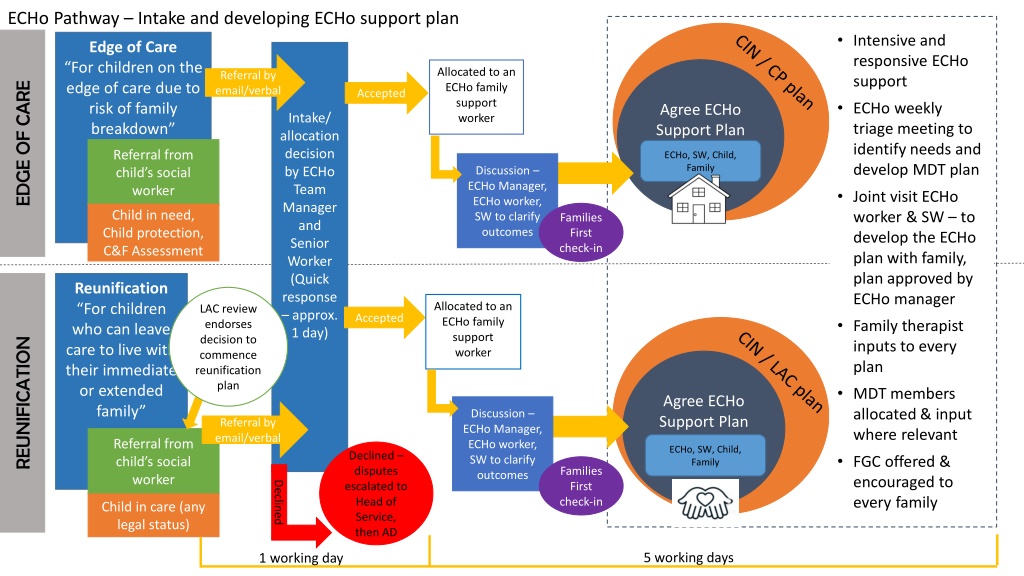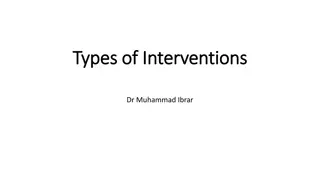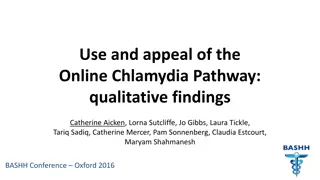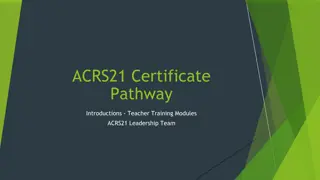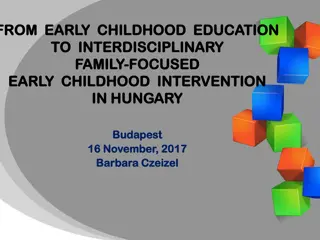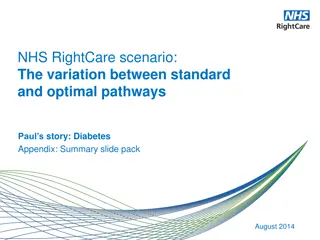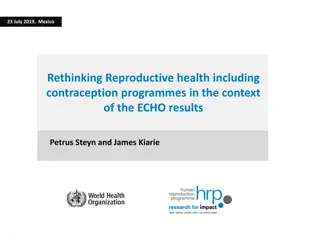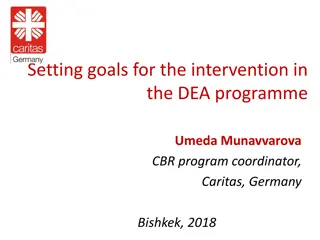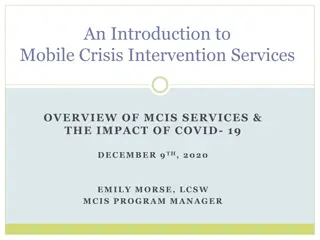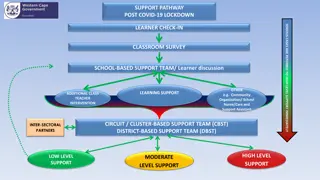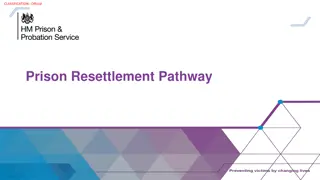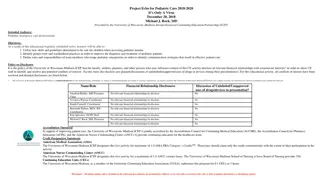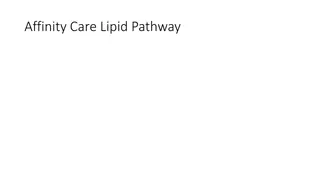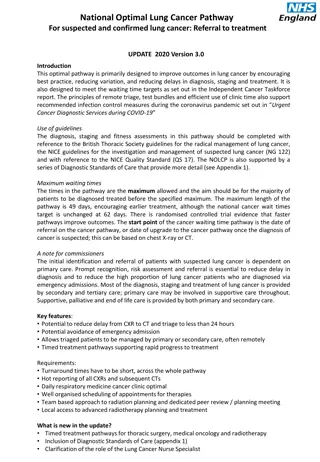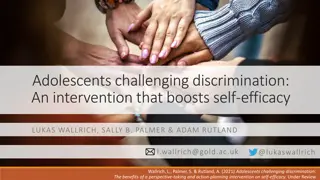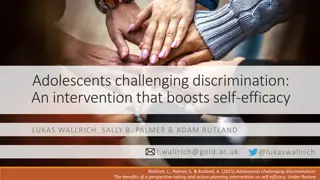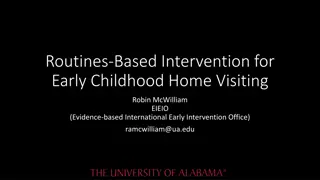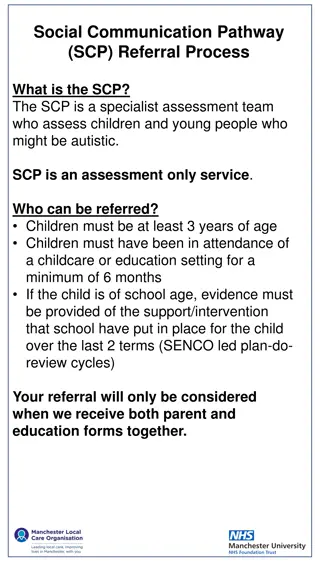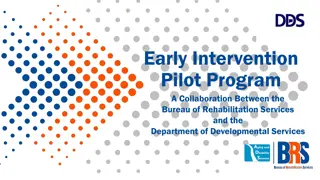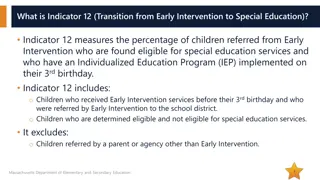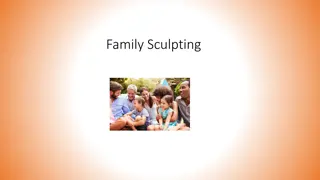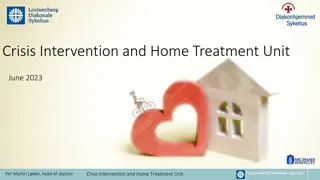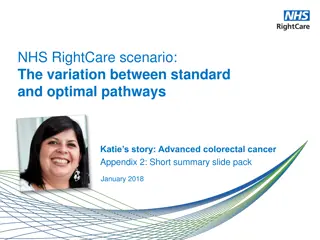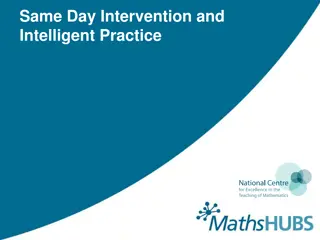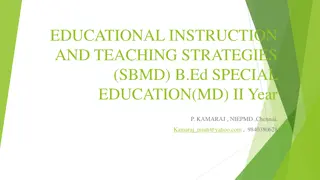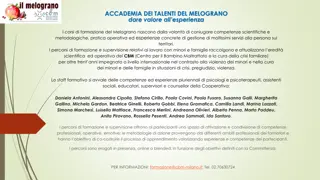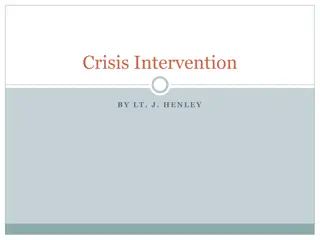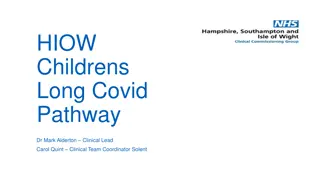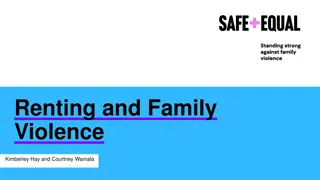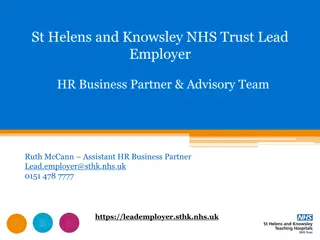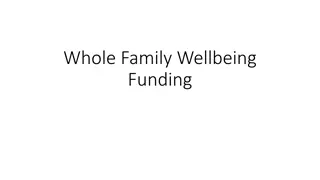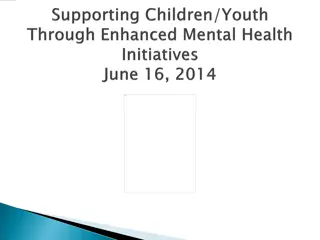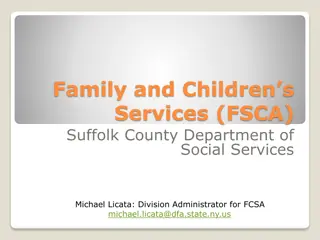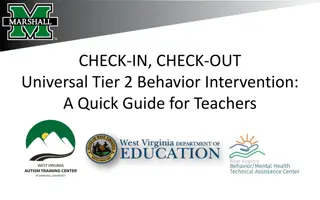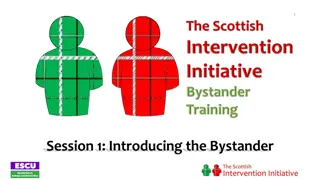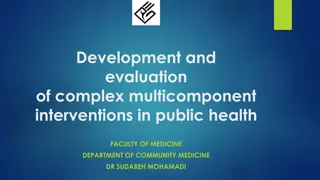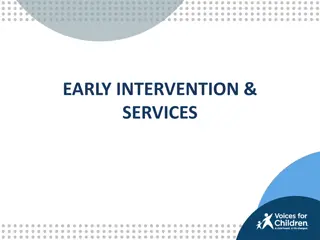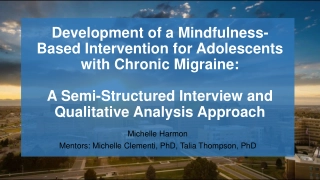ECHo Pathway: Support and Intervention Framework for Family Services
The ECHo Pathway outlines a structured approach for providing intensive and responsive support to families in need. It involves various stages such as intake, developing support plans, weekly triage meetings, joint visits with workers and social workers, family therapist input, MDT collaboration, and family group conferencing. The pathway addresses cases at the edge of care and those involving reunification efforts, ensuring a comprehensive and holistic approach to family support services.
Download Presentation

Please find below an Image/Link to download the presentation.
The content on the website is provided AS IS for your information and personal use only. It may not be sold, licensed, or shared on other websites without obtaining consent from the author. Download presentation by click this link. If you encounter any issues during the download, it is possible that the publisher has removed the file from their server.
E N D
Presentation Transcript
ECHo Pathway Intake and developing ECHo support plan Intensive and responsive ECHo support ECHo weekly triage meeting to identify needs and develop MDT plan Joint visit ECHo worker & SW to develop the ECHo plan with family, plan approved by ECHo manager Family therapist inputs to every plan MDT members allocated & input where relevant FGC offered & encouraged to every family Edge of Care For children on the edge of care due to risk of family breakdown Allocated to an ECHo family support worker Referral by email/verbal EDGE OF CARE Accepted Agree ECHo Support Plan Intake/ allocation decision by ECHo Team Manager and Senior Worker (Quick response approx. 1 day) Referral from child s social worker ECHo, SW, Child, Family Discussion ECHo Manager, ECHo worker, SW to clarify outcomes Child in need, Child protection, C&F Assessment Families First check-in Reunification For children who can leave care to live with their immediate or extended family Allocated to an ECHo family support worker LAC review endorses decision to commence reunification plan Accepted REUNIFICATION Agree ECHo Support Plan Discussion ECHo Manager, ECHo worker, SW to clarify outcomes Referral by email/verbal Referral from child s social worker ECHo, SW, Child, Family Declined disputes escalated to Head of Service, then AD Families First check-in Declined Child in care (any legal status) 5 working days 1 working day
ECHo pathway (2) Intervention & Closure Allocated social worker remains responsible for case ECHo Team implement plan with family 3-6 months programme ECHo Support Plan Edge of Care 7-day intensive family support available at start; this reduces as plan progresses EDGE OF CARE Family Group Conferencing 4-6 week review 4-6 week review 4-6 week review Family Plan in place (within first 4 weeks) Final review of ECHo Plan and Family Plan Final ECHo report provided to child s social worker May include a short period where the child is accommodated to give the family a break and space to plan a way forward If risks escalate, safeguarding protocols take precedence and child may be taken into care Families First check-in Allocated social worker remains responsible for case ECHo Team implement plan with family 4-6 months programme REUNIFICATION ECHo Support Plan - Reunification 7-day intensive family support available at start; this reduces as plan progresses Child should return home 4-8 weeks into plan, majority of ECHo support provided after return home Family Group Conferencing Return home 4-6 week review 4-6 week review 4-6 week review Family Plan in place (within first 4 weeks) Start process to make application to court at 4-month point if possible; effort should be made to discharge the care order at pace, as quickly as is safe
ECHo (Edge of Care/Home) practice model Led by a multi-disciplinary team The ECHo (Edge of Care/Home) model is strengths-based and solutions-focused Weekly Echo team triage meetings Core principles: 1. We work with the whole family, mainly in the home environment but also in other community settings 2. We dedicate more time to support individual families than other types family support or social care roles can normally offer 3. We work together as a multi-disciplinary team 4. We apply evidence-based interventions 5. We work with each child and family to develop clear and measurable goals, which we will review on a regular basis 6. We are responsive to changing needs 7. We work closely with the Safeguarding and Looked After services, with multi-agency partners and the voluntary sector
ECHo practice model (2) Signs of Safety plan for every child (CIN/CP/LAC plan) Danger statement Scaling questions What is working well / what is not working well / what needs to change ECHo worker will attend & contribute to multi-agency safeguarding reviews All ECHo team (including MDT) trained in SofS basics Solihull approach will guide family support workers interactions with children and families ECHo family support workers trained in Solihull Approach Solihull Parenting Signs of Safety A parenting programme focusing on containment, reciprocity and behavior management A strengths-based, safety- oriented approach to child protection social work Systemic Approach The ECHo team may also apply elements or tools from other approaches, for e.g. Outcomes Star, PPP, Graded Care Profile and children s and family yoga/mindfulness ECHo works systemically, understanding families as a system, and investing time and resources into understanding how they relate to and communicate with one another Systemic family therapist to make a systemic formulation of the family s situation and offer family therapy Systemic family therapist will guide ECHo team members to shape plan Weekly triage meetings will allow systemic family therapist to support ECHo workers Family Group Conferencing Every family is offered a family group conference Family Group Conference Coordinators will support families to develop a Family Plan, which can be reviewed throughout the period of ECHo support At the end of ECHo support, family review their Family Research- informed family reunification ECHo will use research-informed reunification approaches, for e.g. informed by NSPCC reunification framework A process led by family members to plan and make decisions for a child who is at risk.
